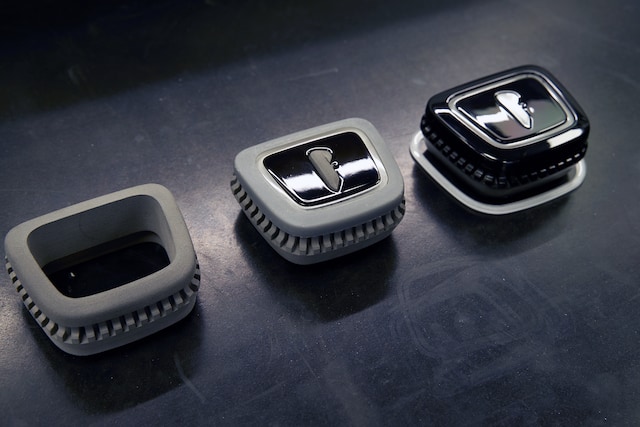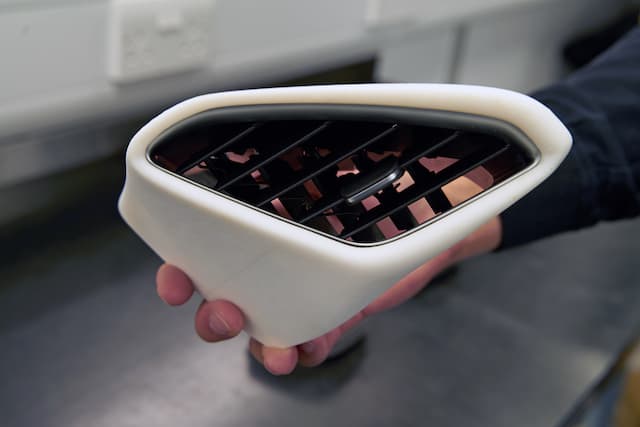When major automakers want to experiment and push the boundaries of automotive design, they turn to Vital Auto, which has a well-equipped 3D printing department to make those visions a reality.
UK-based Vital Auto is an industrial design firm that specialises in automotive projects. Many major automakers, including Volvo, Nissan, Lotus, McLaren, Geely, and Tata, are among the company’s clients.
Chinese EV concept
One of the company’s first projects was for the Chinese electric NIO EP9 supercar concept, which set the team on a path to producing extremely realistic, high-fidelity vehicle prototypes.
Depending on the client’s request, the team may begin with a simple sketch on a piece of paper or with an already designed vehicle. The team creates cars from the ground up, designing all of the mainframes, exterior and interior elements, and interactive elements. A typical project could take three to twelve months with five to thirty people working on a single concept.
A typical show car goes through up to a dozen core design iterations, with additional iterations of smaller components occurring within those iterations until the design meets the customer’s expectations.
From milling clay to 3D play
Unlike traditional show cars, which are typically made entirely of milling clay, the team also employs three- and five-axis CNC milling, hand forming, hand clay modelling, and GRP composites. Traditional processes, on the other hand, are not always ideal for producing the custom parts required for one-of-a-kind concepts.

Today, Barnicott runs a whole 3D printing department, equipped with three Formlabs 3L large-format stereolithography (SLA) printers, five Fuse 1 selective laser sintering (SLS) printers, and 14 large-format fused deposition modeling (FDM) printers.
Complex designs from multiple materials
The Form 3L machines are designed for anything with an A-class finished surface. So, in an automotive environment, an interior with parts that are not trimmed with leather, Alcantara, or some sort of cloth material. Formlabs materials provide us with a nice, smooth finish for our painters to work with; these parts go straight from the printer to the vehicle.
What intrigues me the most about the Form 3L machines is their versatility, the ability to change materials in less than five minutes, and the variability of those materials — going from a soft, flexible material to a hard, rigid material is priceless for us.
The team of Vital Auto employs Form 3L printers with a variety of materials for a variety of applications, one of which is air vents. It’s a common problem for us as a company when a customer comes to us with a proprietary product and wants to encase it in their own design. Once, a customer came to us with a proprietary air vent from another vehicle that they wanted to install in their own interior. This part was digitally reproduced using 3D scanning technology, and an external skin was created. This was first created in draught form to test the design and allow the customer to verify it. We then moved on to the white material to create a production-ready part.

Door seals are another good application for SLA. They were able to experiment with Flexible 80A, one of Formlabs’ newest materials. The Form 3L allowed us to print sections of this door seal overnight to test different geometries, and it was printed to within 50 microns of the actual design. The flexibility of rubber or TPU is emulated by Flexible 80A.
Subscribe to AM Chronicle Newsletter to stay connected: https://bit.ly/3fBZ1mP
Follow us on LinkedIn: https://bit.ly/3IjhrFq
Visit for more interesting content on additive manufacturing: https://amchronicle.com/

